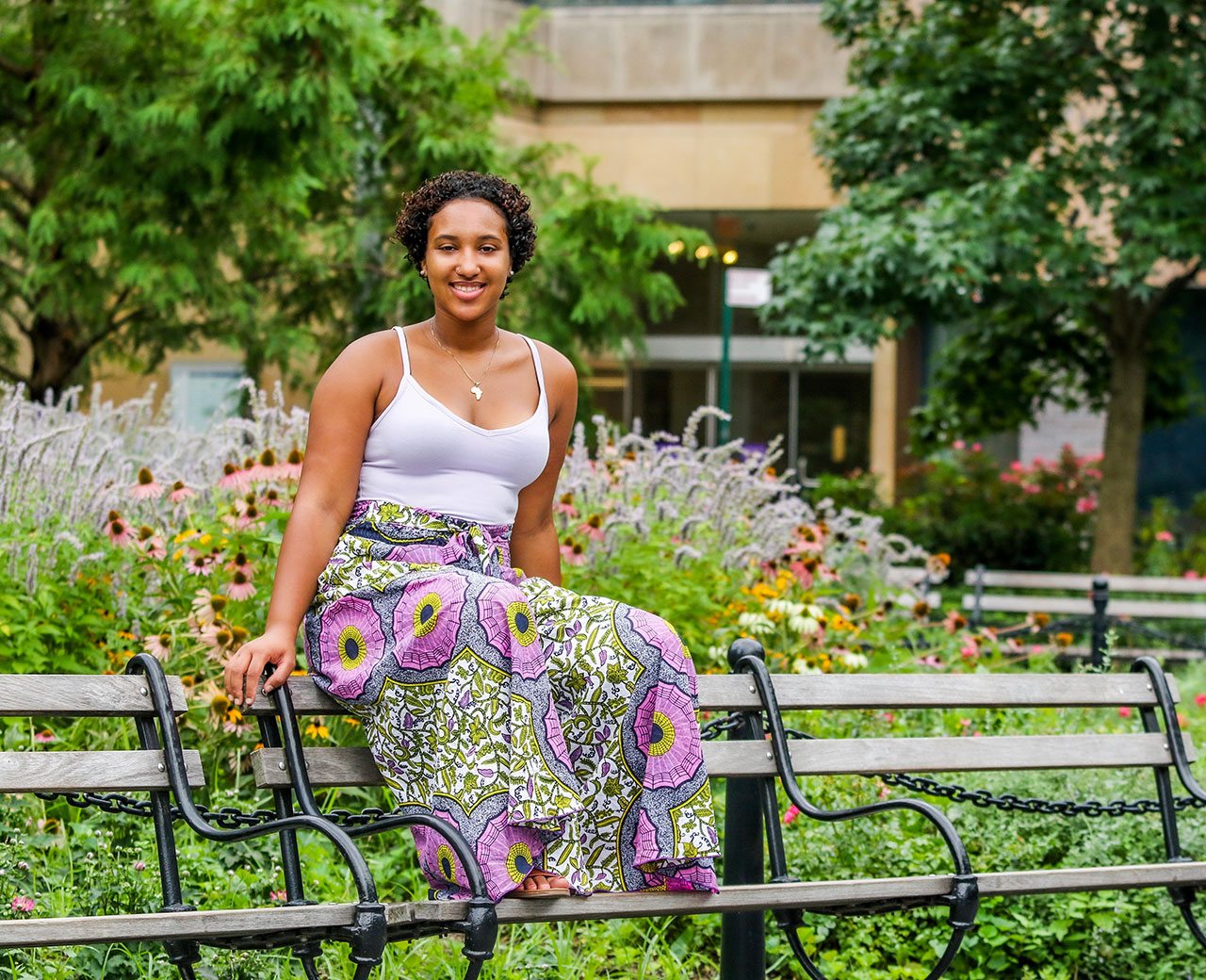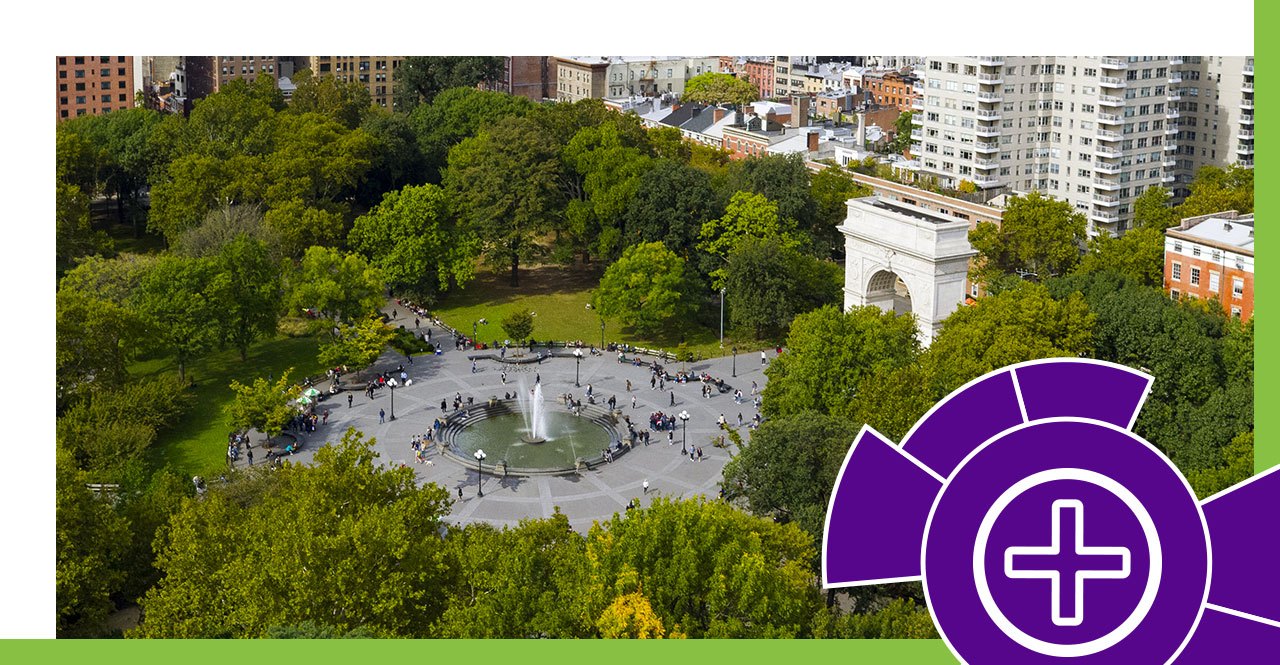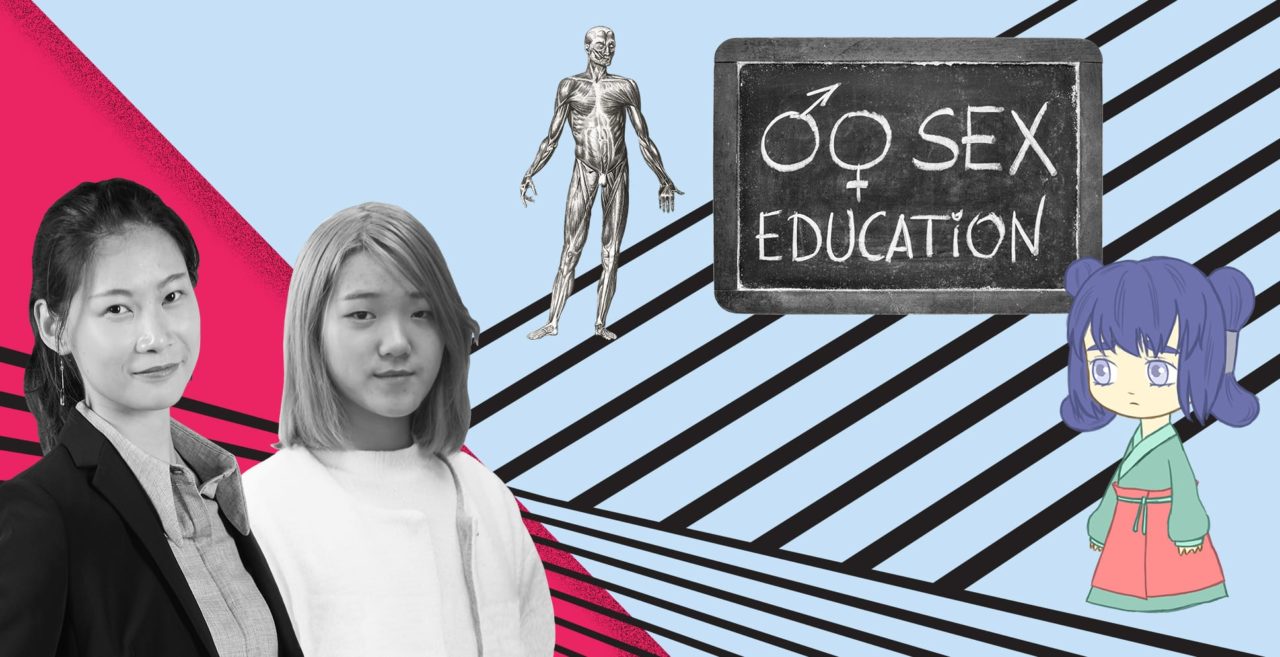Published February 27, 2020
Club Spotlight: Peer Health Exchange
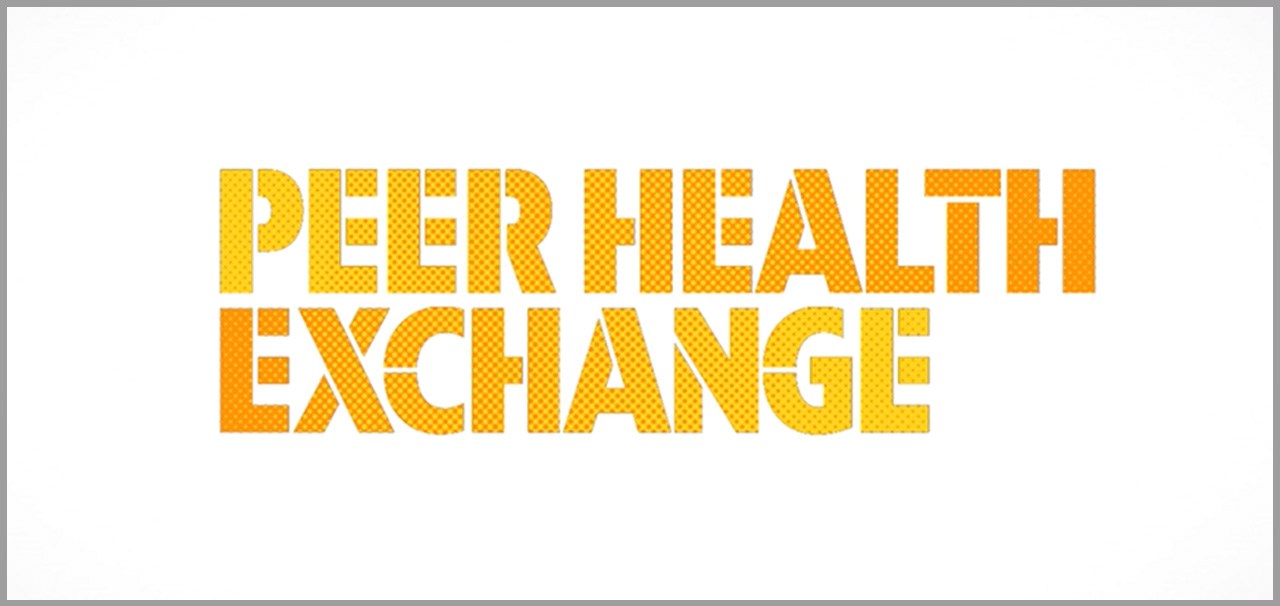
High schools across the United States must offer multiple courses on mathematics, science, and history—but there are no such requirements when it comes to health education. NYU senior Sarah Rosenwald, a Global Public Health and History major, vividly recalls her own high school’s inadequate health education program. When she came to NYU, she wanted to provide something better for today’s high schoolers. She found that opportunity as a health educator with Peer Health Exchange (PHE), a nonprofit that empowers high schoolers in low-income communities to make informed, healthy decisions. “Health equity really matters,” says Sarah, now a co-coordinator for NYU’s chapter. “Systems of oppression jeopardize people’s health, especially young people, and we’re working to alleviate that.”
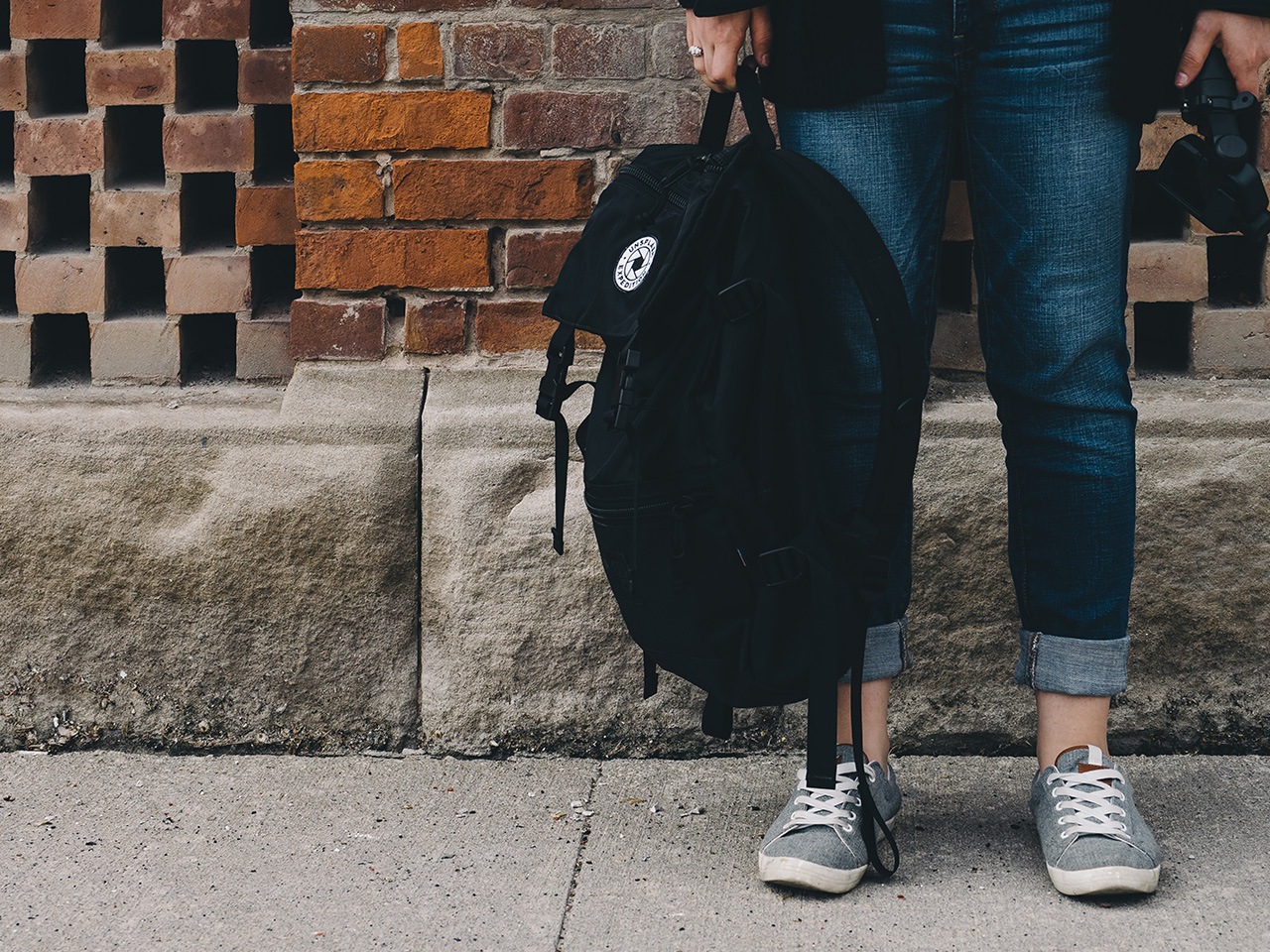
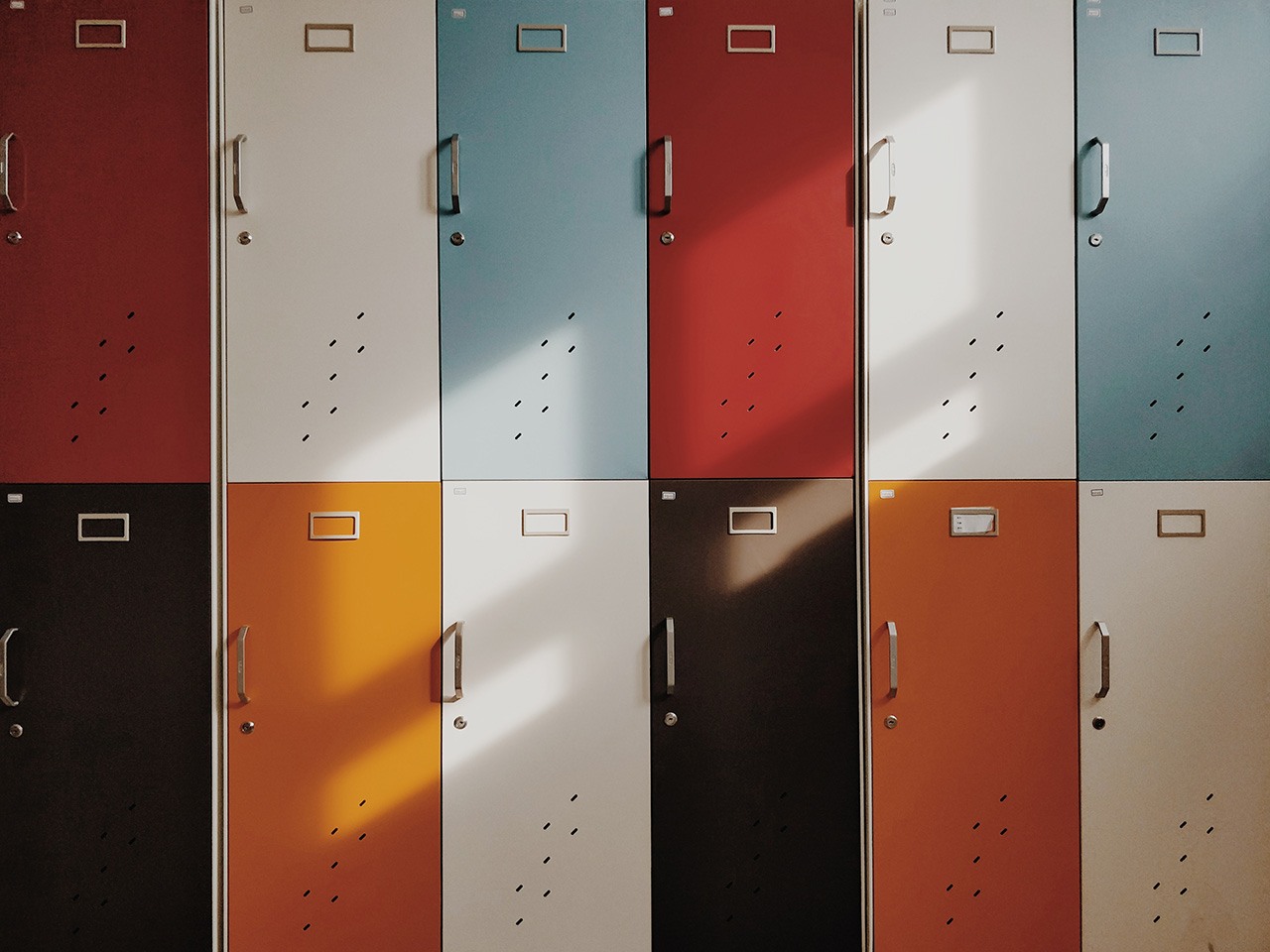
In New York City alone, over 40,000 public school students receive no health education until junior or senior year. By then, many have already struggled with sexual decision-making, substance use, or mental health issues. With so many public schools underfunded and understaffed, PHE steps in to help. They recruit and train volunteer NYU students to teach a 14-workshop, skills-based curriculum. Since its founding in 2003, the organization has trained more than 10,000 college students to deliver workshops for over 149,000 public high schoolers across the country.

Growing Knowledge and Gaining Skills
In addition to educating at-risk teenagers, PHE trains college students to be better communicators and leaders. “Peer Health Exchange tries to close the gap young people face in accessing safe, culturally competent, trauma-informed health information,” explains Sarah. “At the same time, every college student involved in PHE leaves with a valuable set of skills. They gain public speaking and teamwork skills and the understanding that there is something to learn from everyone.”

Fostering Equity and Inclusivity
New York City is Peer Health Exchange’s largest site, and the organization seeks to reflect the city’s diverse population. In 2019, 94 percent of New York City–based PHE students were people of color—and NYU’s chapter makes it a priority to recruit educators to match. Junior Maria Alejandra Vazquez Sanchez, a Global Public Health and Social Work major, served as a PHE health educator for two years before transitioning to diversity director this fall. “We teach at predominantly black and Latinx schools. But as a chapter, we aren’t as diverse as we should be,” she says. “As the diversity director, I want to reflect my students. If you’re an educator and you’re black or brown, you’re a mirror. The students see themselves in you, and they trust you.”

Moving Forward
If you want to be part of the solution, NYU’s chapter of Peer Health Exchange always seeks new volunteers. The organization is accepting fall applicants through mid-September 2020. Aspiring peer educators should be committed to PHE’s mission, interested in teaching, and available for weekly meetings. You can apply on their website.

